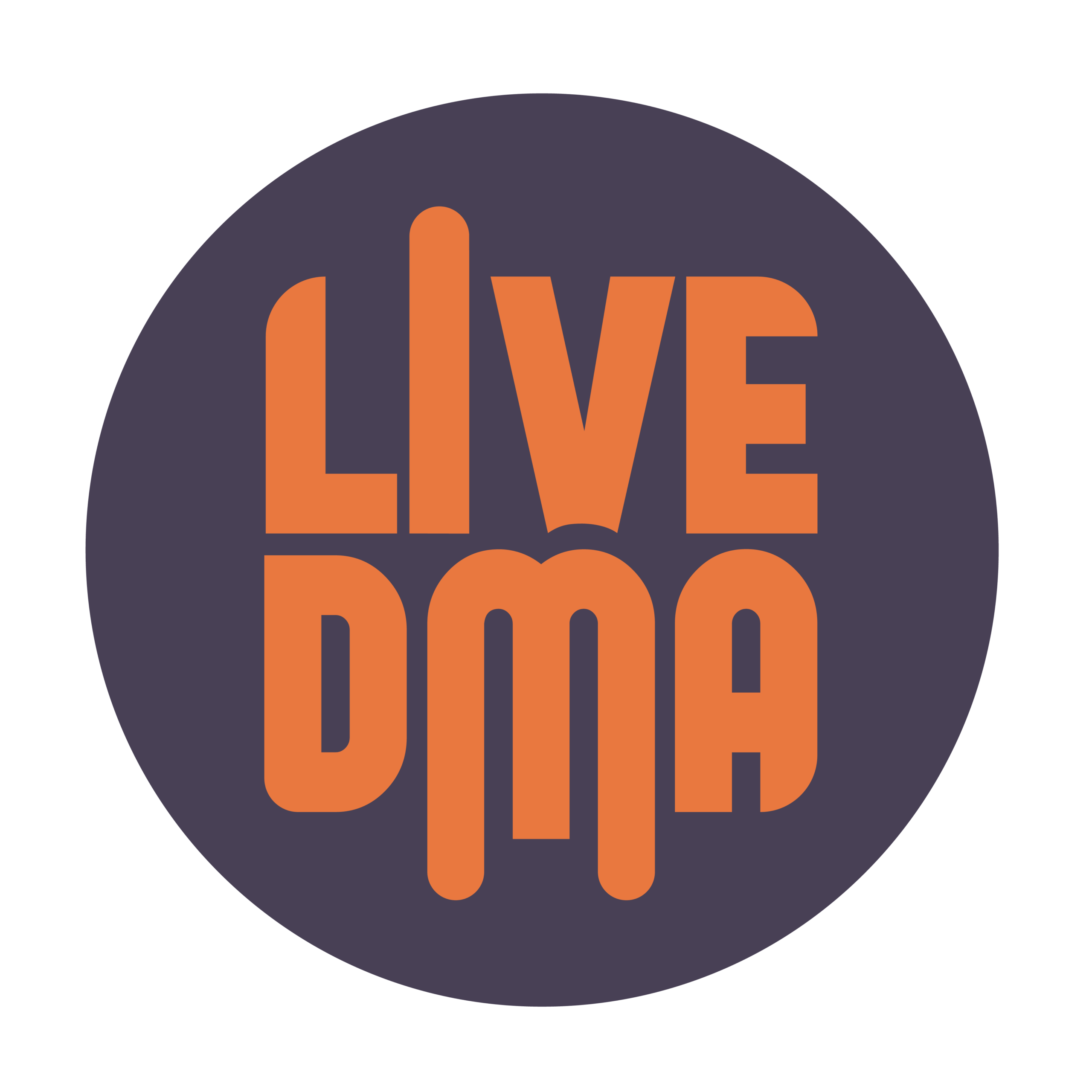“It’s really important for us to be at the forefront on the sustainability and inclusion questions, to inspire others and help with all these things. If we don’t have a sustainable future, we may not have a future at all.”
Communication Officer
-
The European Jazz Network comprises 110 organisation (festivals, clubs and concert venues, independent promoters and national/local support organisations) in 31 European countries. Their mission is to promote the identity and diversity of creative music in Europe, to broaden awareness of this vital area of music as a cultural and educational force, to increase exchange of…
Read»
-
75 organisations from the cultural sector joined forces in a call to the European Institutions to take into consideration the specific needs of the sector in the context of the trilogue negotiations on the Revision of the Visa Code. We underline that the cultural sector in Europe desires transparent and easy application processes when inviting artists,…
Read»
-
The European Music Council (EMC) and Live DMA (European Network for Music Venues and Festivals), developed an Online Course to help young music professionals from Western and especially from Eastern Europe to develop their own cooperation project and network of music professionals.Go through the course by yourself and ask us any question that comes up…
Read»
-
In this second episode of the Live Style Europe radio show: Interview with Victor and Zivile Diawara, the two founders and directors of LOFTAS, music venue and cultural fabric in Vilnius, Lithuania Interview with Marc Wohlrabe, co-founder of the Berlin clubnetwork Clubcommission, board member of the German live music network LiveKomm, curator and co-founder of…
Read»
-
The Report “Living Together: Fostering Cultural Pluralism Through the Arts” was published in July 2018 by the Istanbul Foundation for Culture and Arts. This study report is co-authored by Dr. Feyzi Baban from Trent Univeristy (Canada) and Dr. Kim Rygiel from Wilfrid Laurier University (Canada). The main focus of this report lies on the role…
Read»
-
The report of the UK live music census was published in February 2018. This report is the result of a nationwide survey combining qualitative interviews at music events and responses of an online form for musicians, venues, promoters and audiences. The UK live music census intends to measure live music’s cultural and economic value in…
Read»
-
Be inclusive yourself! The role of culture for social inclusion Live DMA was selected to participate at the Voices of Culture structured dialogue on fostering the contribution of culture to social inclusion. The process took place from April to September 2018. This Brainstorming report on “Social Inclusion: partnering with other sectors” is the result of the brainstorming process between…
Read»
-
Creative Europe has a national desk established in 38 countries in order to promote European initiatives and facilitate participation in the Creative Europe programme. Each desk has the mission to provide the following services: Free information and guidance on how to access funding opportunities under the Creative Europe Programme Regular updates on audiovisual and culture related issues at European…
Read»
-
In this first episode of the Live Style Europe radio show: Focus on Live DMA’s activities at Reeperbahn festival in Hamburg, Germany (19. – 22.10.2018) Presentation of the study conducted by EventKultur Rhein-Neckar, local live music network in Germany, Pop-Akademie Baden-Wûrtemberg, and Digitale Hochschule Baden-Würtenberg Link to the study „Veranstaltungswirtschaft in der Metropolregion RheinNeckar“ (German) …
Read»
-
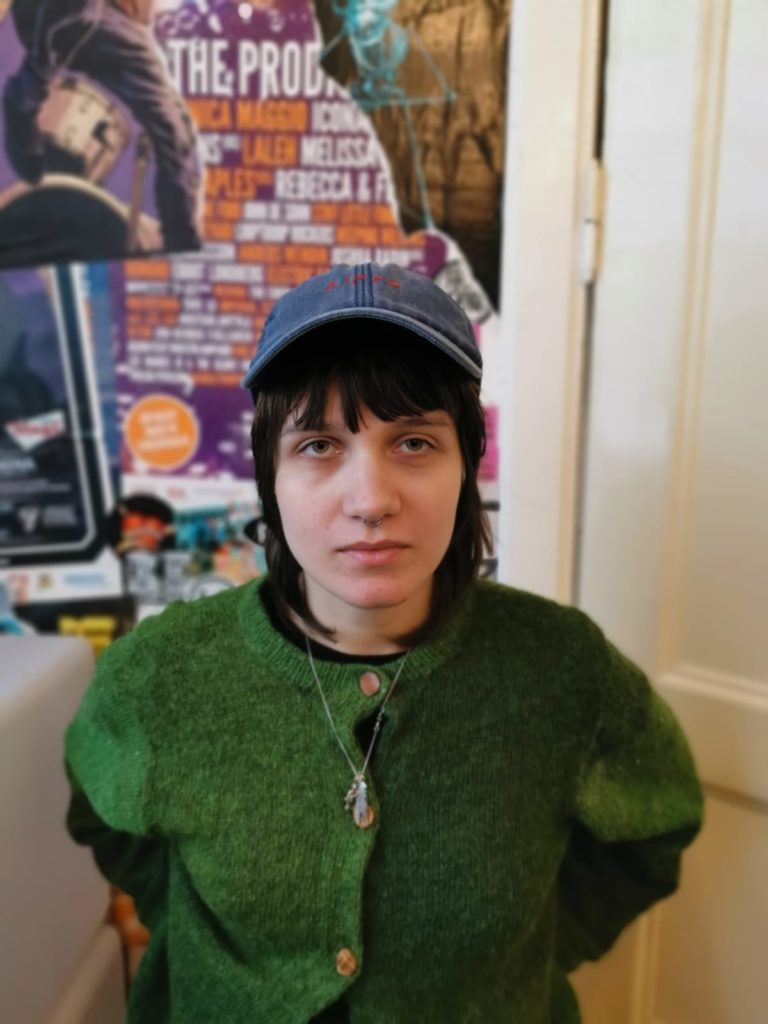
-
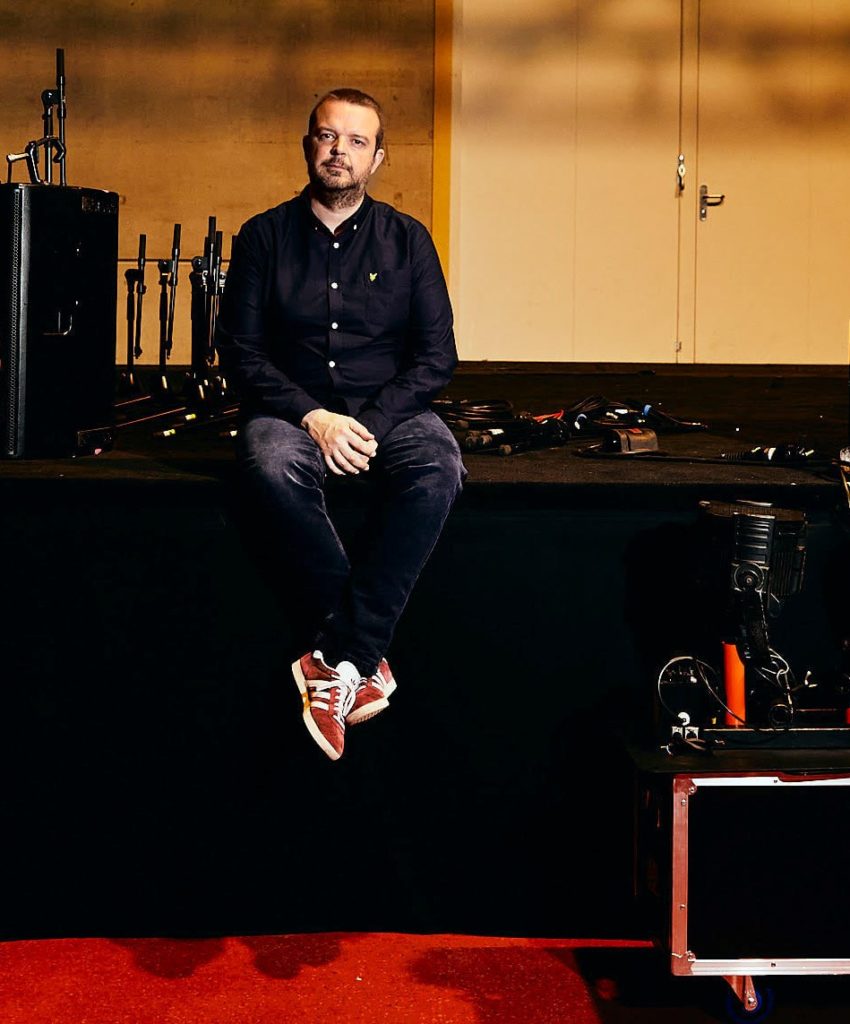
“It’s all about sharing and cooperation!”
-
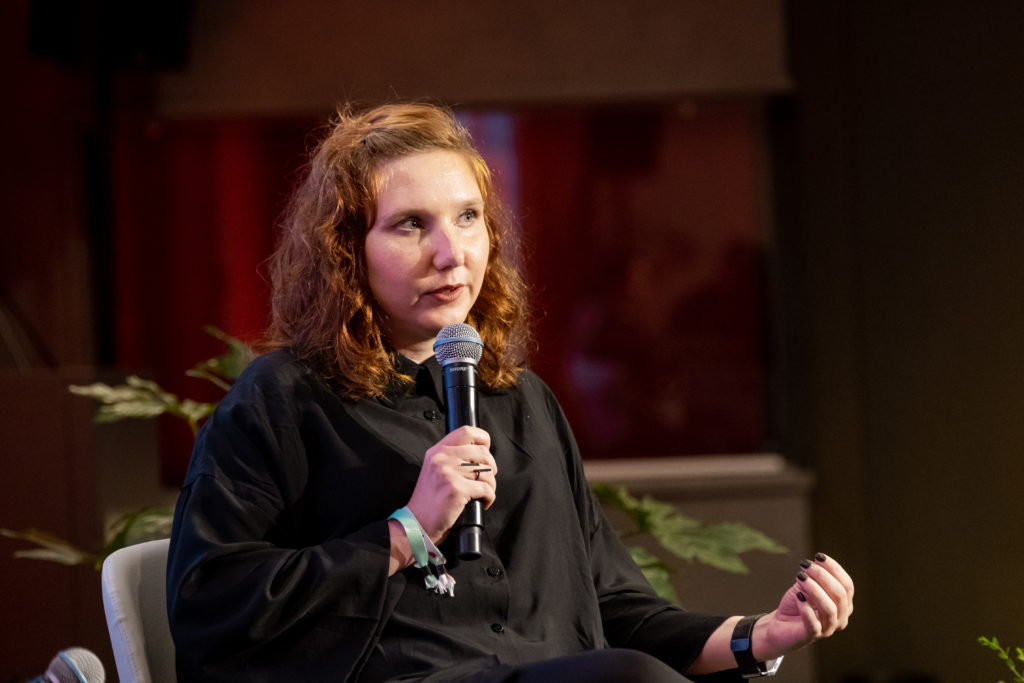
“We need organisations like Live DMA to support our activities. During COVID, it was important to have Live DMA meetings so that we could learn what was going on in the other countries, and that was very helpful when it came to the lobby work on the local level”
-
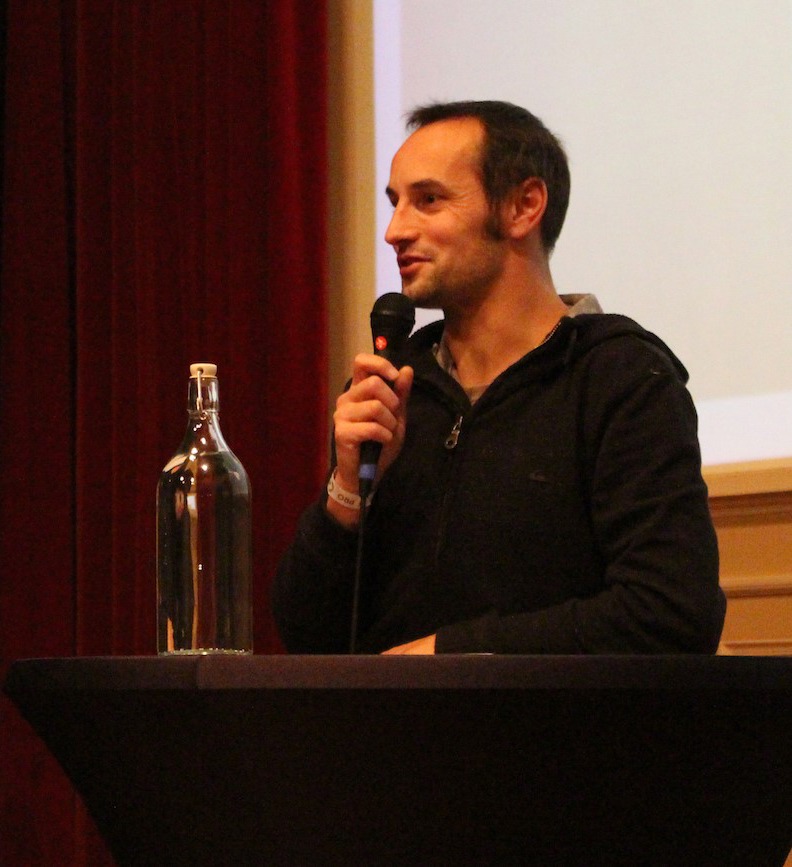
“We have been celebrating the 10th anniversary of Live DMA, a network which was created in 2012 by venue networks from all over Europe. The purpose was to share knowledge and skills with each other, and to set up common projects, and I think we’ve succeeded in doing that!”
-

“I learned to collect and process data with good quality, and also I learned the importance of data to start a dialogue with institutions. Good data gave ACCES a lot of recognition”
-

ʻʼThanks to Live DMAʼs Survey, we showed our government that the more a venue is subsidized, the more money they generate. The Ministry of Culture had little knowledge of our sector. So to present these figures from different European countries was crucial in re-valorising our subsidies.”
